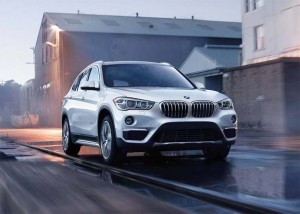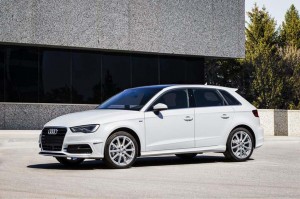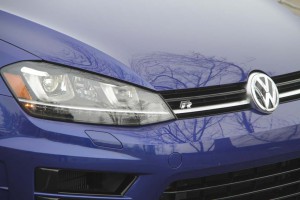German automakers are facing more headaches and potentially huge fines as the fallout from the “Dieselgate” scandal continues to seep through the legal and regulatory system in Europe and North America.
Antitrust regulators from the European Union are investigating if major German automakers, BMW, Daimler and Volkswagen AG conspired to limit the rollout of emission technology used on diesel-powered vehicles heavily promoted by the three automakers.
In the latest twist to the three-year-old “Dieselgate” scandal, the European Commission has opened an in-depth investigation this week. The investigation comes a year after it raided the companies and two years after it slapped a record 2.93 billion euro ($3.4 billion) fine on a group of truck makers, including Daimler, for fixing prices and delaying the adoption of cleaner engine technology, according to Reuters.
The EU executive said the “circle of five” – BMW, Daimler and Volkswagen Group’s VW, Audi and Porsche – held meetings where they may have colluded to limit the development and rollout of certain emissions control systems for cars sold in Europe.
(Investor suit against VW AG gets underway. Click Here for the story.)
“These technologies aim at making passenger cars less damaging to the environment. If proven, this collusion may have denied consumers the opportunity to buy less polluting cars, despite the technology being available to the manufacturers,” European Competition Commissioner Margrethe Vestager said.

BMW is among the German automakers under investigation by the European Commission for violating diesel emission laws.
The commission said the technologies involved were selective catalytic reduction systems, which reduce nitrogen oxides from diesel car emissions, and “Otto” particulate filters that reduce particulate matter emissions from petrol cars, according to Reuters.
The EU antitrust enforcer said the carmakers had also discussed other technical issues, such as common requirements for car parts and testing procedures, but it did not have sufficient indications that these meetings were anti-competitive.
It also said there were no signs that the companies illegally coordinated with each other in the use of so-called defeat devices to cheat regulatory testing. Volkswagen admitted to using such illegal software in 2015, sparking a scandal that has cost it more than $27 billion in penalties and fines.
(Click Here to see why VW was tagged with $1B fine in Germany for diesel-cheating scandal.)
Companies can face fines up to 10% of their global turnover for breaching EU rules. The car industry has in recent years faced billions of euros in fines worldwide for fixing prices of various auto parts.
Meanwhile, owners of the Mercedes-Benz vehicles in the U.S. are pressing for greater scrutiny despite investigations by the U.S. Department of Justice and Environmental Protection Agency into its diesel emissions systems.
In short, Mercedes marketed its BlueTEC “Clean Diesel” vehicles as “the world’s cleanest and most advanced diesel,” but, in reality, it emits high levels of nitrous oxide, which forms ozone and has been linked with serious health dangers, a spokesman for the plaintiffs noted.
(To see more about the German court ruling allowing a ban on diesel engines, Click Here.)
Mercedes worked with Bosch on the electronic diesel control that allowed Mercedes to implement the defeat devices. Bosch also made the cheat devices used by VW in their diesel vehicles. Mercedes has since abandoned selling new diesels in the U.S. after not obtaining EPA certification for its 2017 models, but some hundred thousand of its diesel vehicles are still on U.S. roads.



about nitrous oxide
http://darmangaz.com/en/nitrous-oxide-n2o/